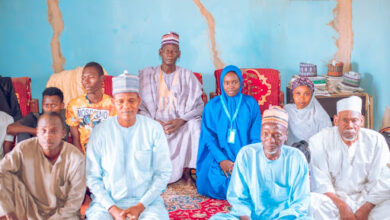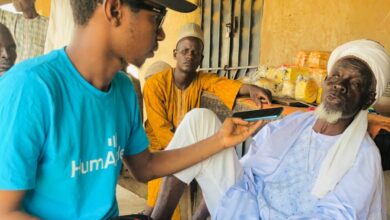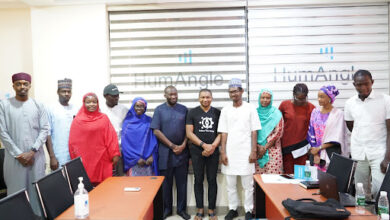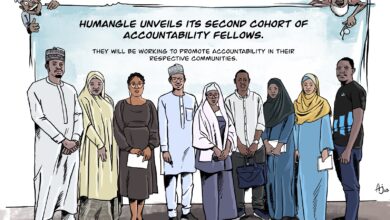Latest On Our Fellows And Our Work Of Enhancing Accountability In The Northeast
HumAngle Accountability Newsletter
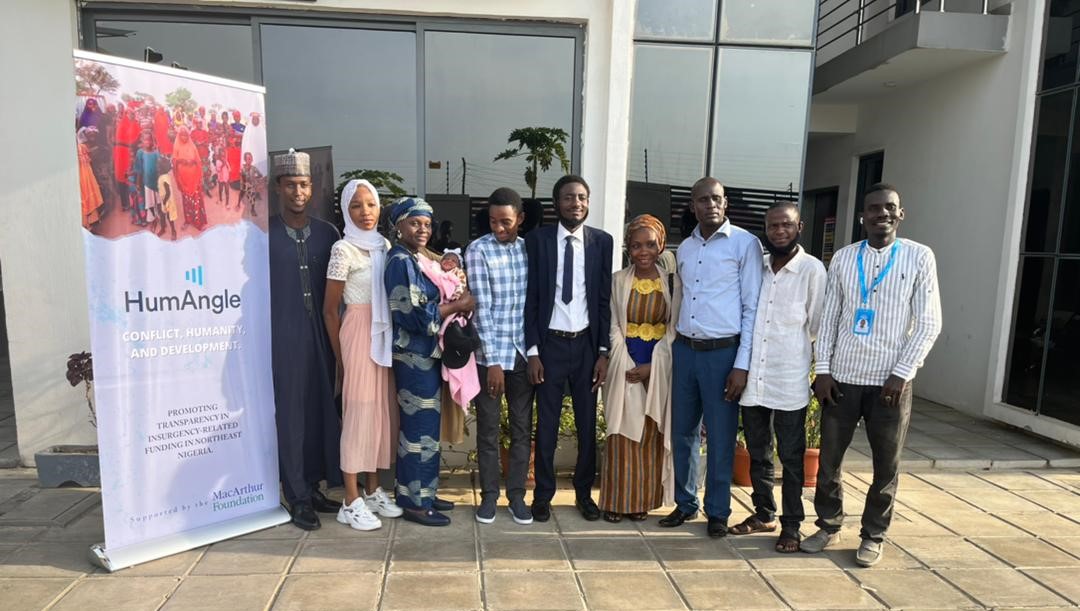
Welcome to the first edition of the HumAngle Accountability Newsletter. Our monthly publication keeps you abreast of the happenings with our inaugural fellowship as they work towards enhancing the lives of the people in their communities in areas of security, development, and humanitarian issues.
Over the past month, our Investigative Champions went through a rigorous training programme in Abuja and returned home with fresh eyes and renewed curiosity about the happenings within the thematic areas of the fellowship.
Click this link to meet our passionate fellows and the work they’ve done. You should also subscribe to our newsletter to follow all they have been up to in enhancing the processes of transparency in their communities.
There’s more. We have recently published several reports in line with our mandate to improve the quality of lives of thousands of displaced people in the Northeast and millions who rely on security officials and humanitarian support to survive and keep hope alive.
For example, in How Mobile Financial Service Providers Rob Borno IDPs Of Much-Needed Aid, we took a look at how operators of Point-of-Sale (POS) machines, who act as third-party fiscal agents, deprive displaced people of a huge chunk of aid made available by international NGOs.
Also, in Opaque Spending Culture Shadows U.S.-Nigeria Arms Deal Worth Nearly $1bn, we examined Nigeria’s expensive attack helicopter deal with the United States and hows its obscure nature raises concerns about transparency in a country struggling with scarce resources.
We have additionally published various video explainers exploring how a lack of accountability affects the security and humanitarian sectors.
We have also actively engaged Civil society Organisations (CSOs) with productive meetings. HumAngle invited members of BudgIt Foundation, Public and Private Development Centre (PPDC) and Connected Development (CODE) for an inception meeting which held in Abuja. This led to fostering stronger partnerships between our media organisation and the CSOs, and also for a more seamless exchange of data and resources where the scope of the project is concerned. The meeting was held over a course of three days in April.
The first quarterly meeting was held in Maiduguri, Borno state the following month. The meeting brought together the local CSOs and CBOs in both Yobe and Borno states to discuss the need to promote transparency and accountability at the grassroots level in the region. The participants also shared their experiences on the role of citizen participation in reducing corruption. The second quarterly meeting with members of Adamawa state CSOs was subsequently held in Yola that same month.
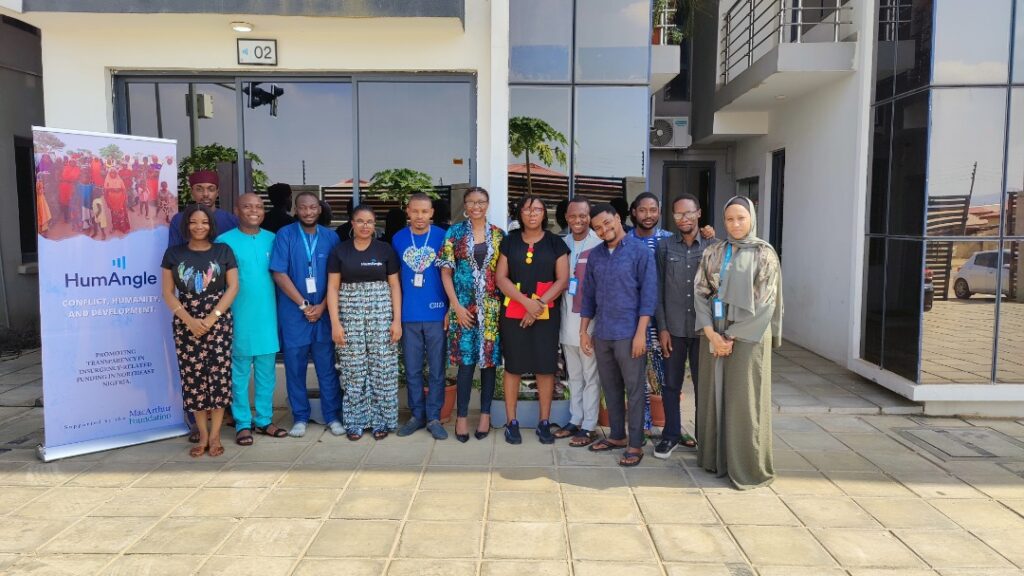
What Is The Fellowship All About?
HumAngle felt there is a need for the stories of the Northeast to be told by those from the region, and who live within the communities as well. Nine young and passionate individuals from across Borno Adamawa and Yobe were selected. They will be trained to report issues around the following thematic focus areas: Accountability and Whistleblowing at the grassroots, tracking of humanitarian and security-related funding, tracking and reporting cases of sexual and gender-based violence (SGBV) and the impact of climate change on vulnerable populations and mitigation efforts.
tracking and reporting cases of sexual and gender-based violence (SGBV) and the impact of climate change on vulnerable populations and mitigation efforts.
Our fellows will be equipped with the knowledge and resources they need to identify gaps, especially in areas of service delivery, so that in the long run, the region becomes a safer, more resilient place, and hold those responsible for the long-lasting insecurity, displacement and other humanitarian crises.
Our Other Projects
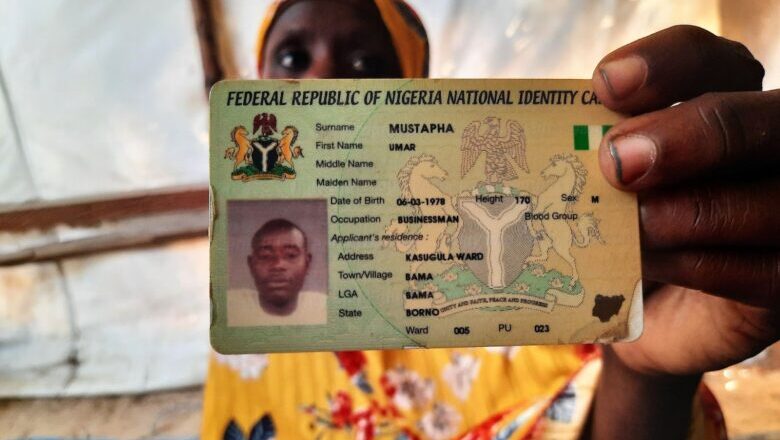
The OSIWA Missing Persons Amplification Project
HumAngle in partnership with the Open Society for West Africa (OSIWA), is documenting missing people across the Northeast, who have mostly vanished due to abductions by both state and non-state actors and displacement from their home communities mostly due to the activities of the Boko Haram insurgent group.
The aim of this project is to give life to the stories of the missing, outside the usual figures that are reported, and to give names and faces, and possible closure to their families.
According to the International Committee of the Red Cross (ICRC), over 24,000 people have gone missing in Nigeria. Over 90 per cent of this figure disappeared due to the conflict in the Northeast. Over half of them are children.
So far, over 1,500 missing people have been documented across four local government areas. This data has been collated and published on a public online platform that can be accessed here.
We have also published a number of reports, videos and podcasts, narrating the plight of the families of the missing persons, and how their disappearances have directly affected their lives. For more on the OSIWA project, click here.
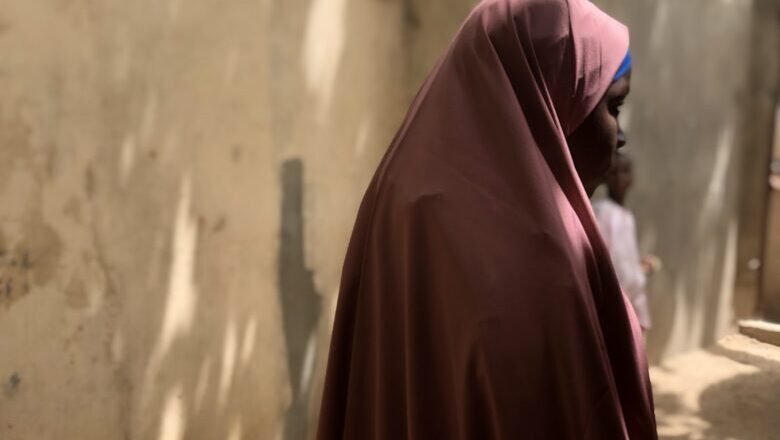
ATJLF’s Mediatising Transitional Justice Efforts in Northeast Nigeria
In partnership with Africa Transitional Justice Efforts in Northeast Nigeria, HumAngle is working to bring attention to the transitional justice activities in the region through in-depth reports and multimedia elements.
This also includes telling the stories of the victims of the Boko Haram insurgency, human rights violations, and narrating their experiences where it relates to transitional justice, and advocating for policies that will bring about solutions and compensation to those most affected.
To read all our work relating to the ATJLF project, click here.
Latest With Our Fellows
What are they up to?
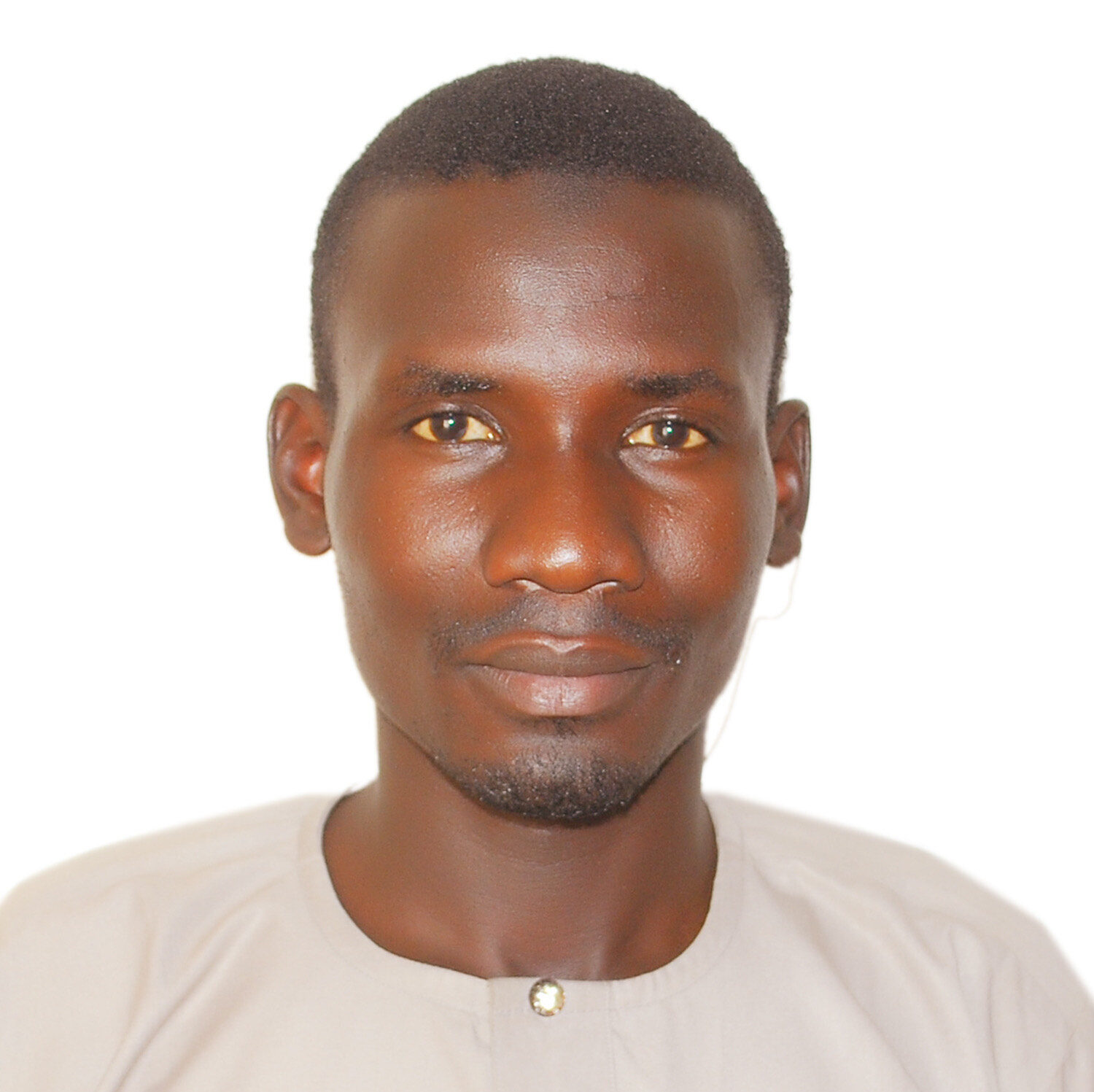
Baba Abdullahi Machina, Yobe North
“I’ll be researching the level of knowledge and perception of people on climate change and its mitigation effort by the community in Yobe North. I will use what I gather to make an informed advocacy plan on how to educate them on its effect on their day-to-day lives, and how they can actively participate in mitigating its effects before it’s too late.”
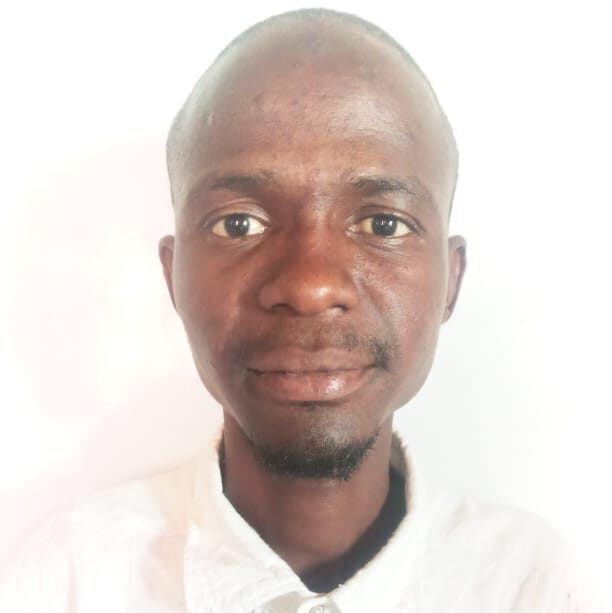
Babagana Bulama, Borno North
“I’ll be tracking the funds spent during the first quarter by the Borno state government through the Open States portal. The budget has just capital and recurrent figures without a breakdown of the releases to which particular project or what. This will be my main focus for the month of July, and I look forward to getting started.”
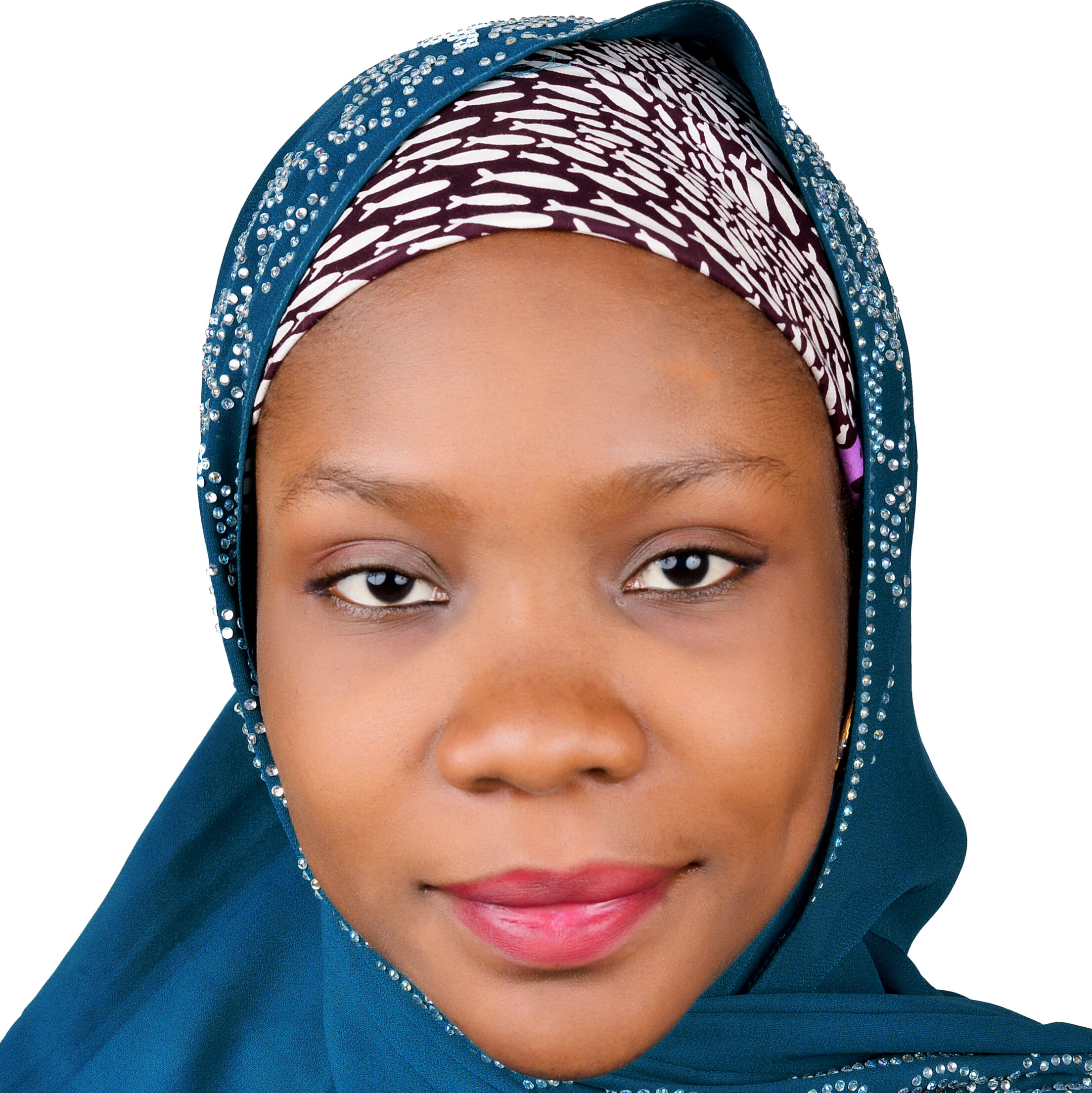
Hasana Alkali, Yobe South
“I’m presently tracking the budget allocation under the humanitarian sector in respect of relief materials that are distributed to conflict-affected persons in Yobe, focusing more on my senatorial zone. I will hopefully be able to identify the gaps and the reasons why the vulnerable people are unable to access life-saving aid.”
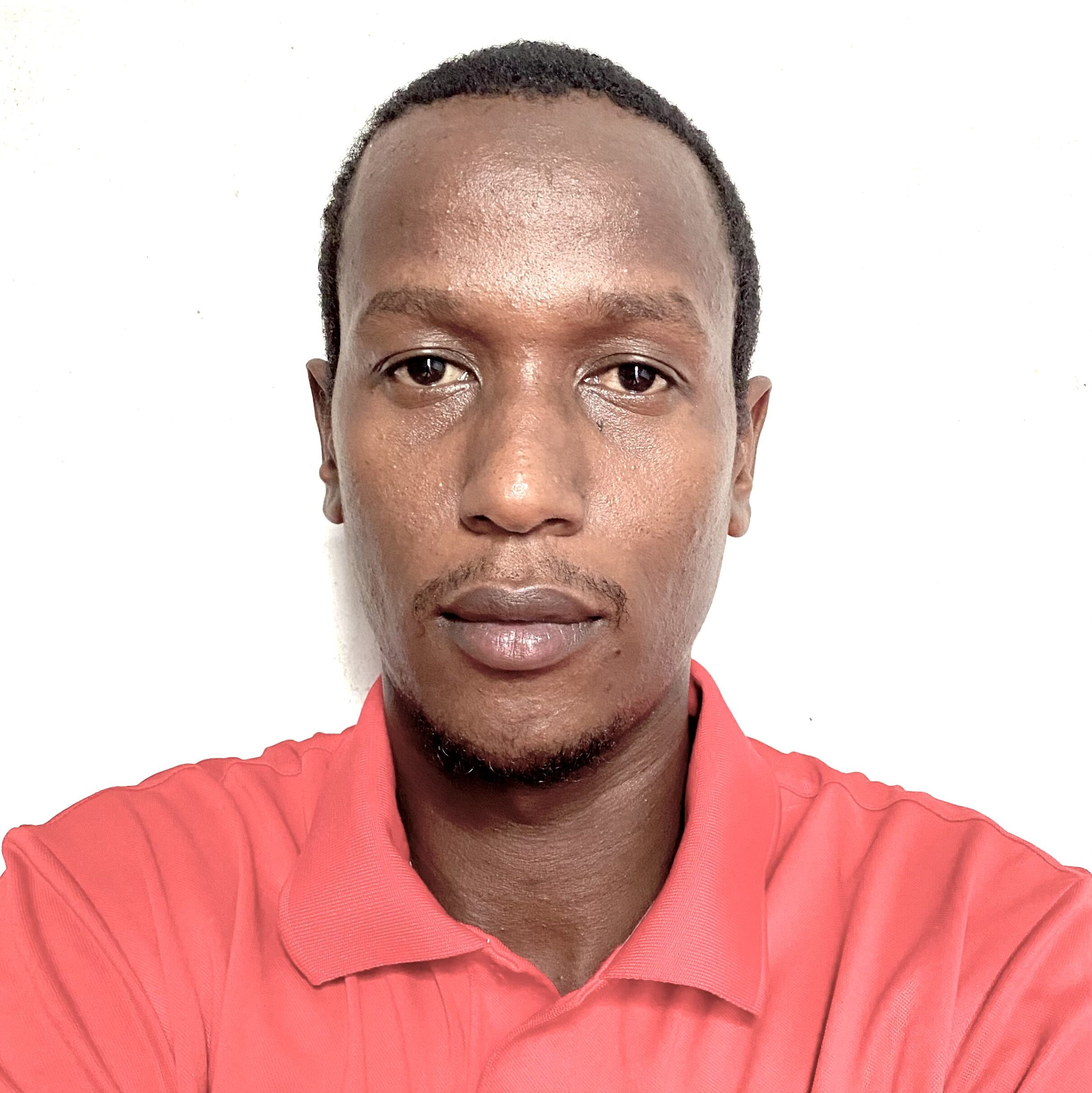
Usman Abba Zanna, Borno South
“Kirawa community in Gwoza is facing a large impact of water scarcity. The situation was exacerbated because of the incompleted water project in the community. The government awarded a contract for the development of clean water facilities in the community and yet the project is yet to be completed. This is particularly important, especially now that the IDPs have begun relocating back to their home communities. I plan to follow how much was allocated for this project, how much was disbursed and why it is yet to be completed.”
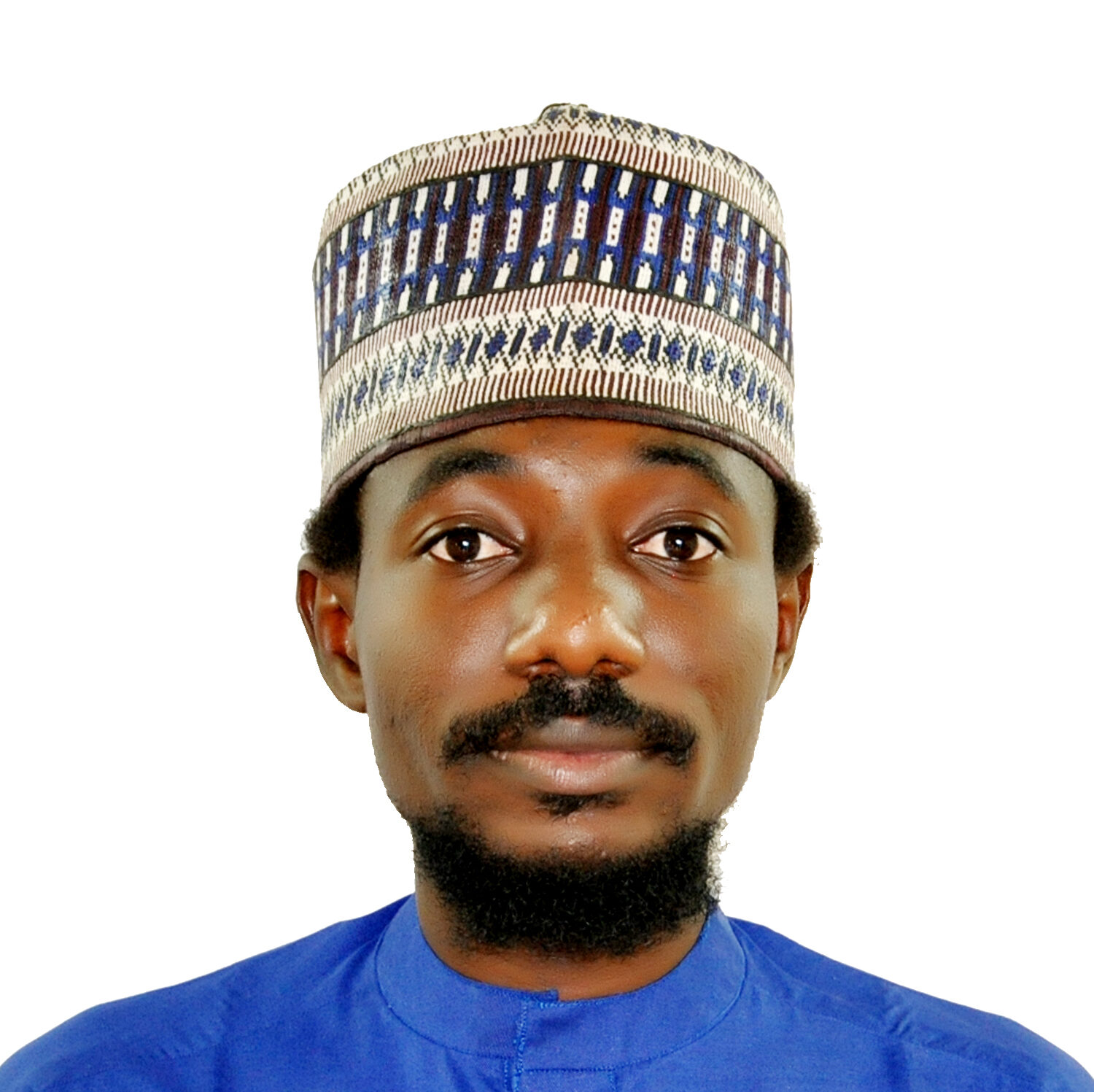
Usman Muhammad, Yobe East
“Together with my colleague Baba Abdullahi Machina, we will work together collaboratively to follow-up on the impact of interventions made with respect to Dapchi School Girls. I also intend to follow up on the impact of the Tree Planting Campaign as YBSG flagged off the Climate Change Action in 2020. However, I’ll focus only on seven LGAs in my senatorial district.”
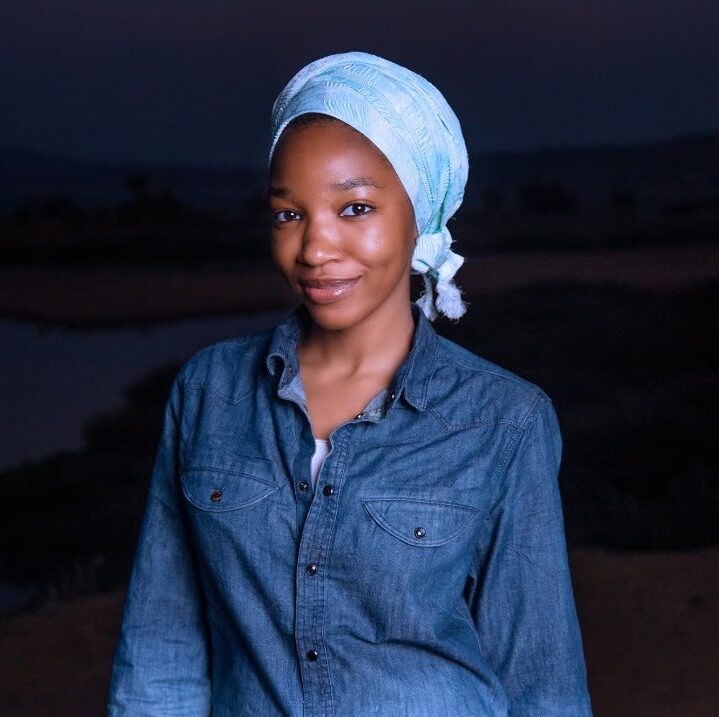
Hauwa’u Muhammad Lawan, Adamawa Central
“I am following leads on girls who have gone through female genital mutilation (FGM). My plan is to talk to them, identify the person(s) that instigated the act and where exactly the practice happened, and the possible reasons for it. I am also currently compiling data on organisations working on FGM as a specific type of gender-based violence, so I’ll get various recorded databases of locations in Adamawa state where FGM practices are possibly occurring.”
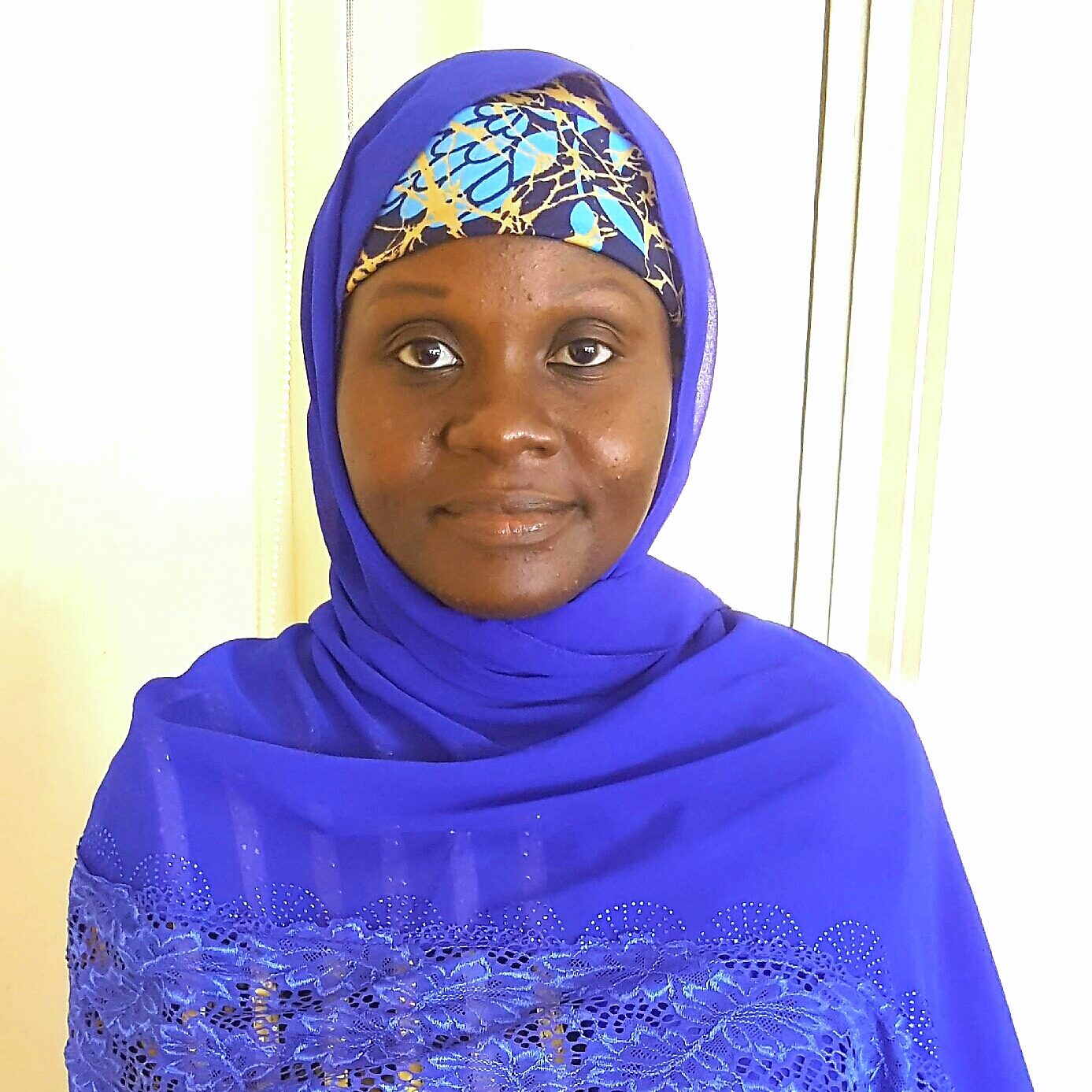
Aisha Adamu Njidda, Adamawa South
“I’m investigating the impact of deforestation in the Jada, Ganye and Toungo LGAs in my state. The timber merchants working for mostly the Chinese are in a deep search for an ornate specie of wood, and because of the unrestrained and uncontrolled harvesting of these species of timber in the area, the activity is causing a devastating impact on the environment and directly contributing immensely to global warming.”
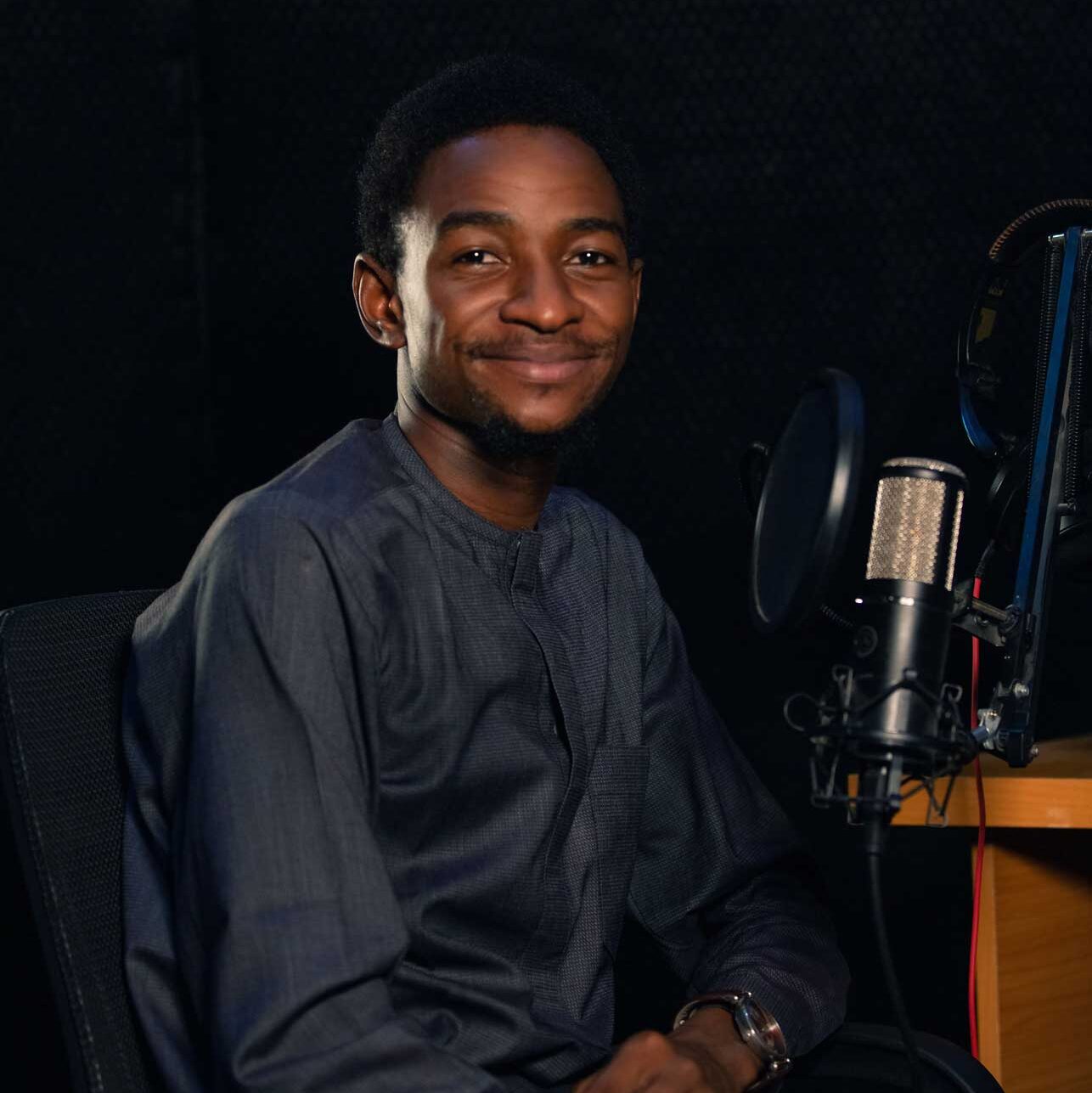
Sa’id Sa’ad Abubakar, Borno Central
“I’m working on an accountability story with regards to livelihood interventions from the humanitarian community, in Borno Central.”
Support Our Journalism
There are millions of ordinary people affected by conflict in Africa whose stories are missing in the mainstream media. HumAngle is determined to tell those challenging and under-reported stories, hoping that the people impacted by these conflicts will find the safety and security they deserve.
To ensure that we continue to provide public service coverage, we have a small favour to ask you. We want you to be part of our journalistic endeavour by contributing a token to us.
Your donation will further promote a robust, free, and independent media.
Donate HereStay Closer To The Stories That Matter

